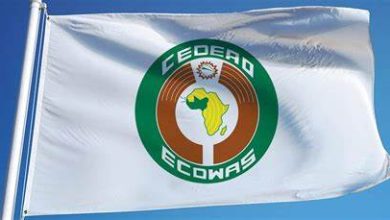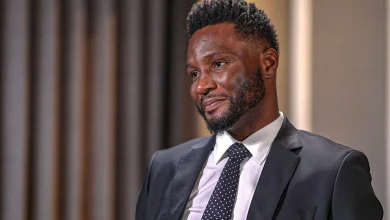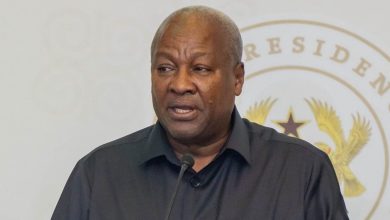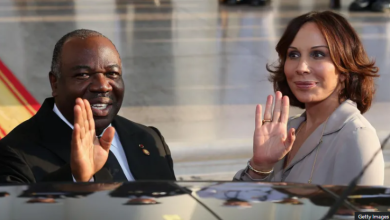Sékou Touré – Guinea’s bold move against French colonialism
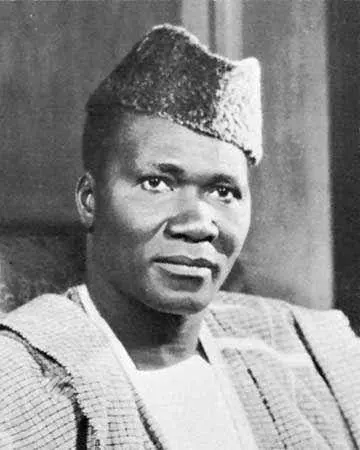
In the history of Africa’s struggle for independence, few leaders stand out as boldly as Ahmed Sékou Touré, the man who led Guinea to become the first French colony in West Africa to gain independence.
His defiant stance against French colonial rule, his unwavering commitment to Pan-Africanism, and his efforts to build a sovereign nation despite immense challenges make him one of Africa’s most significant historical figures.
Early Life and Rise to Leadership
Born on 9 January 1922, in Faranah, a small town in central Guinea, Ahmed Sékou Touré was of Mandé descent. His grandfather, Samori Touré, was a legendary warrior who fiercely resisted French colonisation in the 19th century. Inspired by this legacy, young Touré became politically active from an early age.
Despite limited formal education, he became a union leader, fighting for the rights of Guinean workers under French colonial rule. By the late 1940s, he had emerged as a key figure in the Rassemblement Démocratique Africain (RDA), a Pan-African political movement pushing for independence across French-ruled territories. His charisma, strong oratory skills, and radical stance quickly made him a prominent leader in the decolonisation movement.
The 1958 Referendum: Guinea’s Defiant “No”
As calls for independence grew across Africa, French President Charles de Gaulle proposed a referendum in 1958, offering African colonies the choice to either remain within the French Community (a form of limited autonomy) or opt for immediate independence – but with severe consequences.
While most French-speaking African nations hesitated, fearing economic and political instability, Sékou Touré led Guinea to vote a resounding “NO” to continued French rule. His famous words to de Gaulle, “We prefer poverty in freedom to riches in slavery,” captured the spirit of his defiance.


